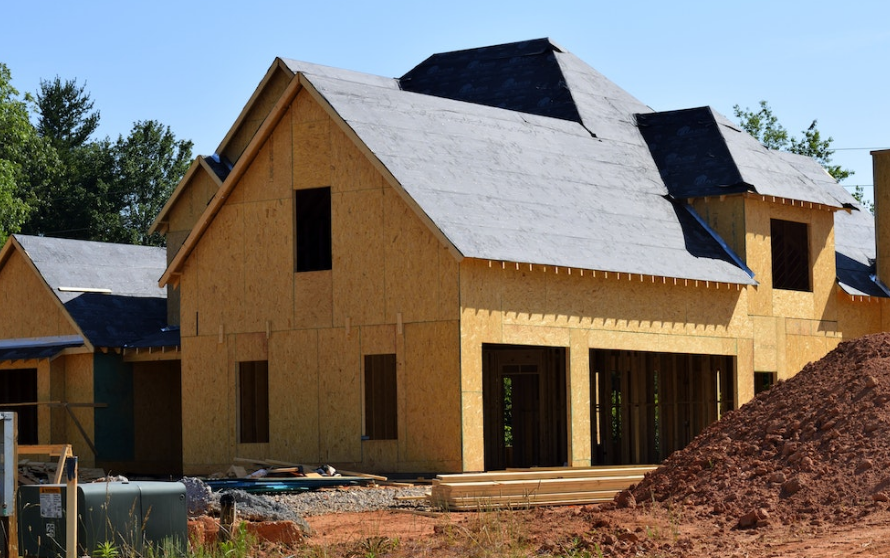Residential Projects & Mechanics Liens in New Jersey
Mechanic’s Liens on Residential Projects Differ from Liens on Commercial Projects in New Jersey
New Jersey is one of 17 states with mechanic’s lien statute specific to residential projects. In New Jersey, a residential project is defined as one – two – or three-family residences or a residential unit within a real property development (i.e. condominiums). If you are furnishing to a residential project in New Jersey, read on!
Compare & Contrast | Commercial & Residential
To secure your lien rights on a New Jersey residential project, you must file a Notice of Unpaid Balance and Right to File Lien within 60 days from last furnishing materials or services.
This is different from commercial projects, where a Notice of Unpaid Balance and Right to File Lien may be filed. For commercial projects, if the Notice of Unpaid Balance and Right to Lien is filed, the lien when later filed would have priority over conveyances after the filing of the notice.
Back to Residential: The Notice of Unpaid Balance and Right to File Lien should be served upon the owner or community association, prime contractor, and subcontractor, along with a demand for arbitration, within 10 days from filing the Notice of Unpaid Balance and Right to File Lien.
Wait, submit for arbitration? Yes! In his article, Filing a Residential Construction Lien in New Jersey, Paul W. Norris states the arbitrator will then determine whether a lien can be filed.
“At the arbitration hearing, which must be conducted within 30 days of the filing of the Demand, the arbitrator will decide whether the lien claim meets with the requirements of the New Jersey Lien Statute. If so, the arbitrator will grant the lien claimant the ability to file the lien claim with the county clerk.”
What is the Arbitrator Looking for?
As provided by New Jersey statute, the arbitrator will decide whether the Notice of Unpaid Balance and Right to File Lien was drafted and served in compliance with statute, the validity of the lien claim amount, the validity of liquidated/unliquidated setoffs or counterclaims and the arbitrator will decide the allocation of costs for arbitration. (See 2A:44A-21 (4) Legislative findings, additional requirements for lodging for record of lien on residential construction)
Did the Arbitrator Approve?
If the right to lien is granted by the arbitrator, you must file the lien within 10 days from the date of the arbitrator’s decision. Fail to file the lien within 10 days? According to Norris, “If the lien claim is not filed with the county clerk within 10 days of the arbitrator’s decision, the lien claim will be deemed invalid.”
Statute is quite clear:
- J. 2A:44A-21 (8) Upon determination by the arbitrator that there is an amount which, pursuant to a valid lien shall attach to the improvement, the lien claimant shall, within 10 days of the lien claimant’s receipt of the determination, lodge for record such lien claim in accordance with section 8 of P.L.1993, c.318 (C.2A:44A-8) and furnish any bond, letter of credit or funds required by the arbitrator’s decision. The failure to lodge for record such a lien claim, or furnish the bond, letter of credit or funds, within the 10-day period, shall cause any lien claim to be invalid.
Did the Arbitrator Determine the Notice is “Without Basis?”
It’s in your best interest to ensure all statutory requirements are met for the Notice of Unpaid Balance and Right to File Lien, otherwise, you will ‘pay the piper.’
According to N. J. 2A:44A-21 (12), claimants who fail to comply with the notice requirements and/or serve/file the notice without basis “…shall be liable for all damages suffered by the owner or any other party adversely affected by the Notice of Unpaid Balance and Right to File Lien, including all court costs, reasonable attorneys’ fees and legal expenses incurred.”
Just another reason to be careful and cautious when protecting lien rights!
